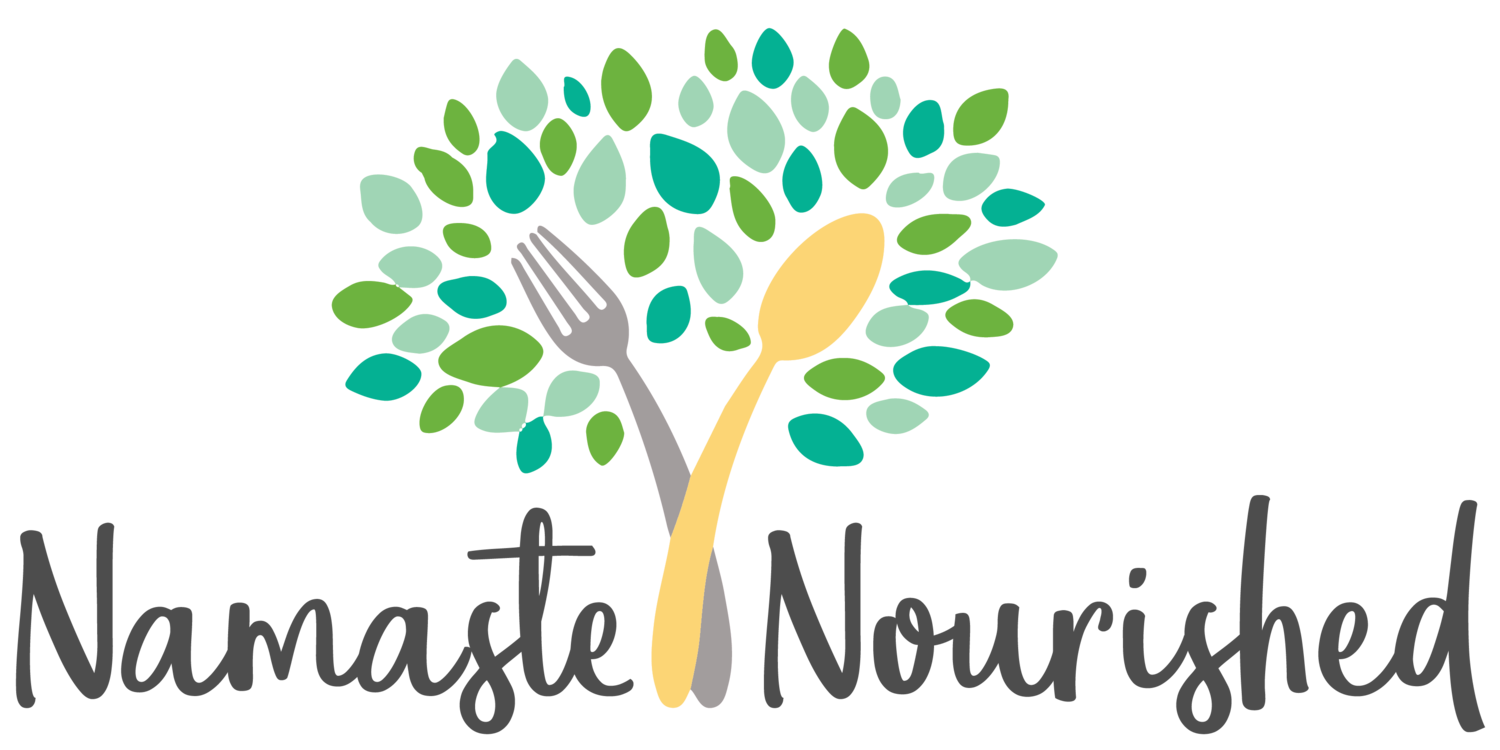Hunger and Fullness in Eating Disorder Recovery
Are you having trouble with feeling hunger cues in eating disorder recovery? If so, you are not alone. This is extremely common to experience and work through in recovery. There are physical and emotional components to this.
First, let’s talk about what it means to physically experience feeling hungry and full. Having this information can help provide you with the knowledge and signs to look for in order to experience these cues and aid in your overall recovery process. These feelings, often sensations felt in the stomach, are controlled by two hormones – ghrelin and leptin.
Ghrelin and leptin work in tandem to send signals for when to eat and when to stop eating. Ghrelin is responsible for triggering the hunger sensation, while leptin is responsible for turning off the hunger feeling. Ghrelin is specifically active when the body is low in nutrients. Leptin is released when the body has had enough glucose and insulin levels have peaked.
While the science here may seem simple, you may be wondering why your cues do not seem to “work”. There are multiple reasons why hunger/fullness cues are not felt in eating disorder recovery.
Physical Reasons for lack of hunger cues in eating disorders
The body is not getting enough energy for the hormones to work properly. In order for ghrelin and leptin to fire, they need fuel! That fuel is food. When energy availability is low in the body, the body has to be very strategic with how it allocates energy. Systems like the central nervous system, respiratory system and cardiovascular system are higher on the body’s priority list because they require constant operation; whereas hormones do not.
A recent change in medication. Medication can have an affect on the body’s hormones and therefore interfere with sensations felt in the body.
Working on stopping eating disorder behaviors. If you are working on not using behaviors such as restricting, purging and binge eating, your body’s cues may not be regulated at this time.
emotional reasons for lack of physical hunger cues in eating disorders
Unpleasant emotions. There is a saying “Your body hears everything your mind says.” We have something called interoceptors all over our body. These receptors detect physical sensations and science has shown to have a large impact on our mental health. When many people experience unpleasant emotions, anxiety or depression, this has a physical effect on the body and interoceptors are responsible for these sensations.
Not wanting to connect with the body and ignoring cues. This also stems from experiencing unpleasant emotions and the persistent drive to disconnect from the body.
Habit. A symptom of the eating disorder can be to habitually ignore hunger and/or fullness.
Are you wondering how to get these cues regulated? Here are some general tips:
Structured eating through the day. All meals should encompass all food groups of proteins, carbohydrates, fats. Snacks can be a combination of two macronutrients. A skilled eating disorders dietitian can help you come up with an individualized meal guide that works for you and aligns with your treatment goals.
Push through early satiety. Restrictive eating behaviors can cause you to feel full prematurely. Check in with the actual amount of food you have eaten, and if you logically know you need more, keep going!
Recognize emotional fullness. As we mentioned earlier, unpleasant emotions can cause us to feel physically full. Identify the emotion and use any skills you may have learned in therapy to cope.
Temporarily choosing lower fiber options if you are dealing with early satiety. If digestion is working slower due to the history of restriction, fiber will only delay this more. While this may sound inviting to the eating disorder, it is not helpful for the healing process.
As dietitians who specialize in the treatment of eating disorders, we know this is a difficult process. We have worked alongside so many clients through these steps! We know it is possible. It is a necessary part of recovery to create sustainable change and flourish.
Need some inspiration on difficult days? Check out this post for recovery motivation.
If you need more support, reach out to us today. Recovery is possible!
Stay nourished,

